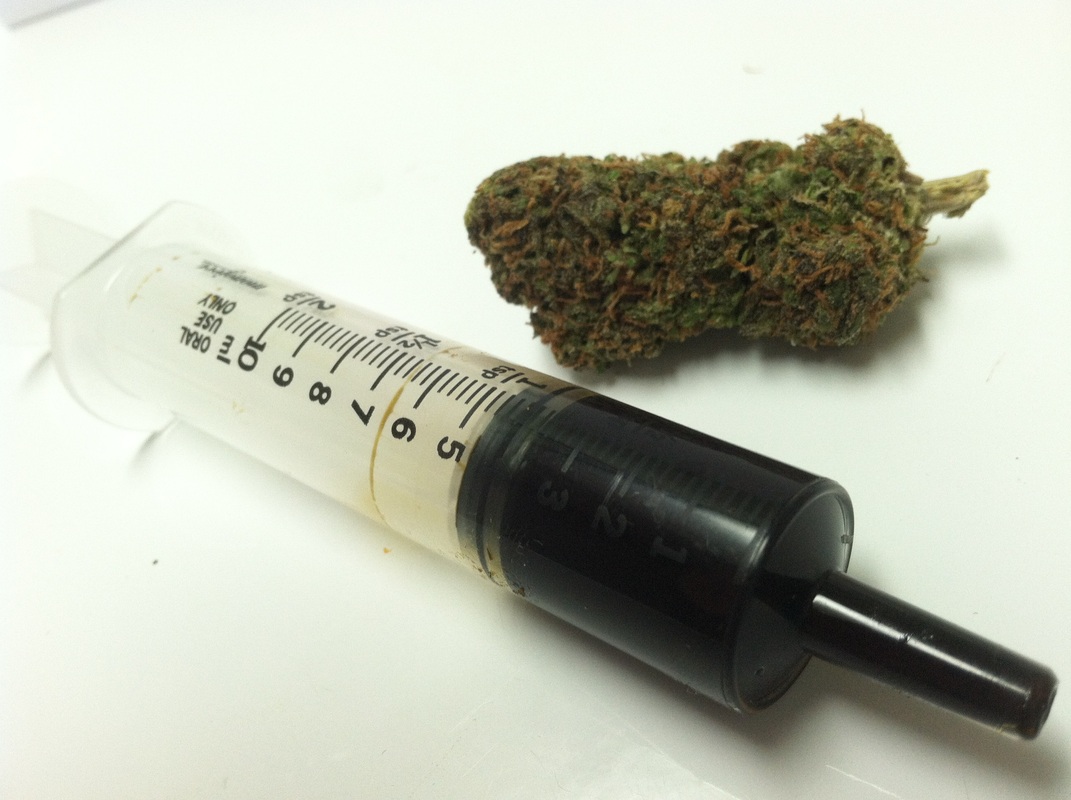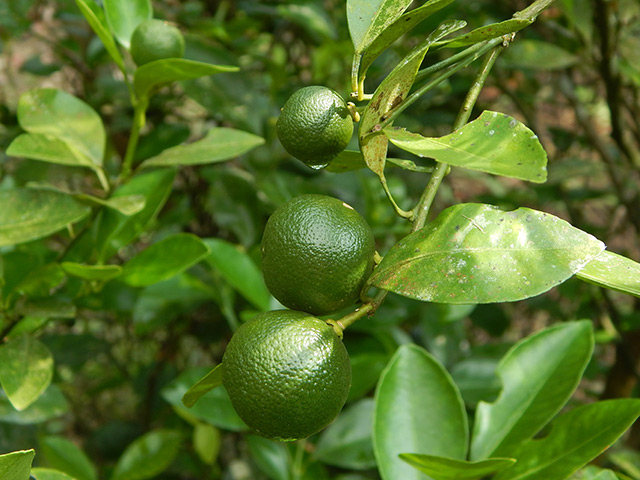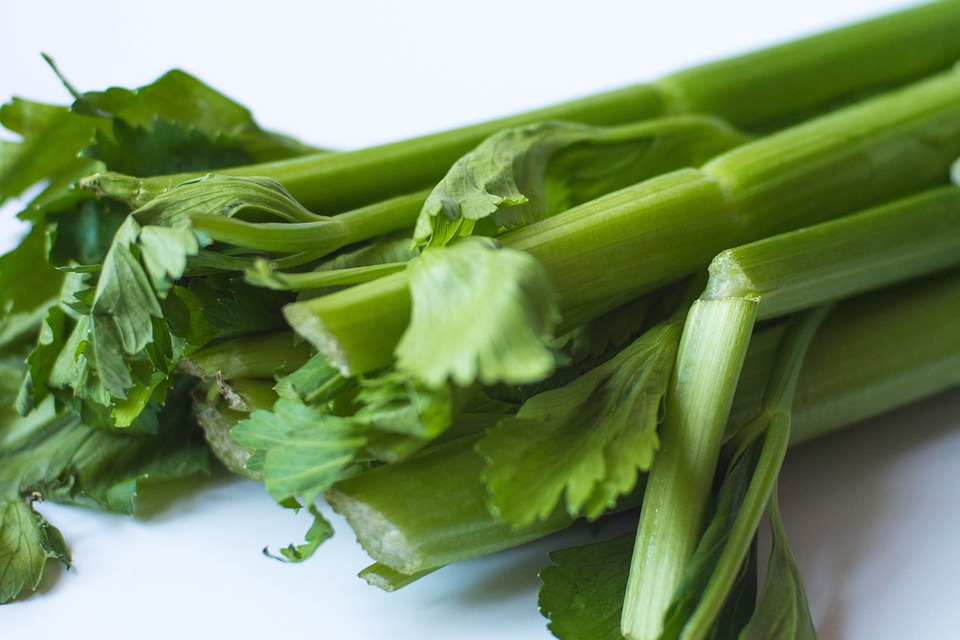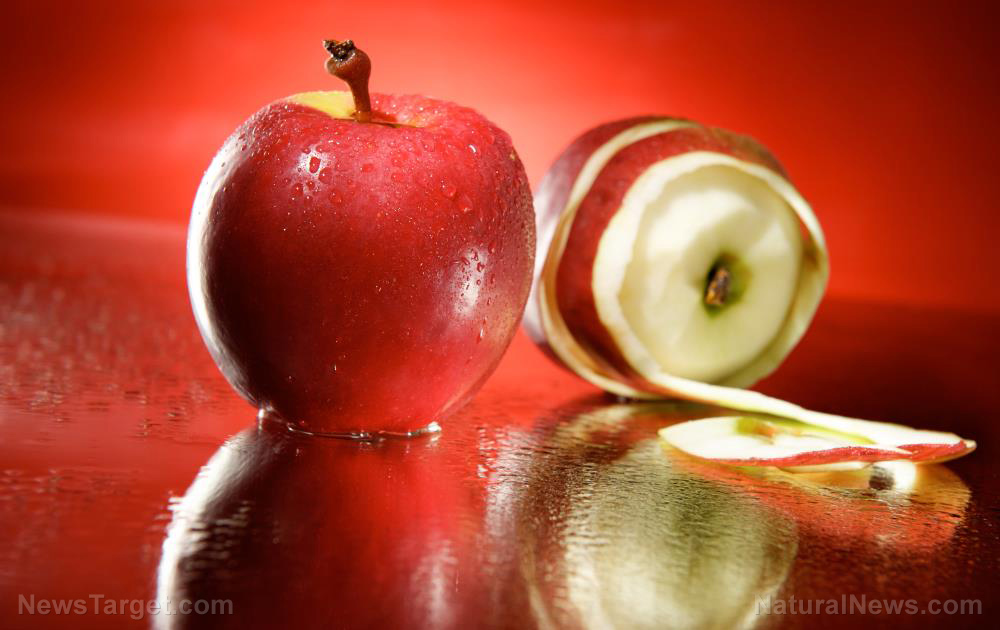Red raspberry found to prevent head and neck cancers from developing and spreading
03/26/2019 / By Michelle Simmons

Berries are known to be one of the greatest superfoods available. Many studies suggest that these are rich in antioxidants and possess cancer-fighting properties. For example, red raspberry — a type of berry scientifically known as Rubus idaeus — can protect against a type of head and neck cancer called nasopharyngeal cancer, according to a study published in The American Journal of Chinese Medicine.
Nasopharyngeal cancer is a type of cancer that has a high incidence of spreading to a different part of the body, particularly in the neck lymph nodes. This leads to a poor prognosis and makes this cancer difficult to treat.
For the study, a team of researchers at Chung Shan Medical University in China looked at the ability of red raspberry extract to prevent nasopharyngeal cancer from developing and spreading in a lab trial. The research team used human nasopharyngeal cancer cells and treated these with red raspberry extract. Then, they analyzed the extract’s effects on the migration and invasion of tumor cells.
Based on the results of the study, the research team found that red raspberry extract inhibited the migration and invasion of nasopharyngeal cancer cells. From this finding, they concluded that red raspberry extract has the potential to prevent nasopharyngeal cancer from developing and spreading, and can, therefore, be used to treat and protect against this cancer. (Related: Research shows that berries are one of the best ways to prevent cancer.)
More on red raspberry and its other health benefits
Native to Europe and parts of Asia, red raspberry is one of the most consumed berries in the world. Aside from its cancer-fighting properties, red raspberry also:
- Protects the heart. Studies have shown that raspberry contains flavonoids such as anthocyanins which fight inflammation that may lead to cardiovascular diseases. Raspberry may also lower your risk of cardiovascular disease by preventing platelet buildup and lowering blood pressure due to their high polyphenol content. In addition, the potassium in this berry can also keep the heart healthy, reducing the risk of death from ischemic heart disease.
- Enhances cognitive function. Some studies have reported that consumption of flavonoids in raspberry may improve memory and reduce age-related cognitive decline.
- Helps manage diabetes. Raspberry contains a lot of fiber because it has a lot of skin, and eating foods rich in fiber can help regulate blood sugar levels. Research has shown that high-fiber diets lower blood sugar levels of people with Type 1 diabetes, while in people with Type 2 diabetes, high-fiber diets improve levels of blood sugar, lipid, and insulin.
- Supports eye health. Raspberry is rich in vitamin C, and this vitamin has been shown to keep the eyes healthy by providing protection against UV light damage. In addition, raspberry contains zeaxanthin, an antioxidant that filters out harmful blue light rays and is believed to prevent macular degeneration damage.
- Aids in digestion, detoxifies the body, and strengthens the immune system. Raspberries are good for digestion because of the fruit’s water and fiber content. Fiber also helps eliminate toxins from the body. It also contributes to the regulation of the immune system and inflammation, which can help prevent inflammation-related conditions like obesity, diabetes, cancer, and cardiovascular diseases.
Do you know that its leaves are nutritious as well? The leaves of this plant are often used to make an herbal tea for medicinal purposes. Red raspberry leaf tea is commonly consumed to strengthen their uterine walls and reduce labor time in pregnant women, and to relieve premenstrual symptoms in women in general.
Read more news stories and studies on foods that prevent and treat cancer like red raspberry by going to AntiCancer.news.
Sources include:
Tagged Under: alternative medicine, anticancer, cancer fighting foods, food as medicine, food cures, food science, grocery cures, head and neck cancer, herbal medicine, Herbs, medicinal plants, nasopharyngeal cancer, natural cures, natural healing, natural medicine, natural remedies, prevention, raspberry, red raspberry, research, Rubus idaeus, science
















